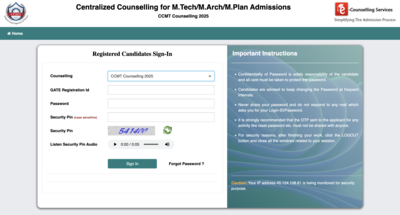
Parenting is a delicate balance of love, guidance, discipline, and support. To deepen your understanding of what makes the best parents, let’s dive into a series of thought-provoking scenarios. Each situation will test your decision-making skills and provide insights into effective parenting strategies.
Scenario 1: Handling a Tantrum in Public
Situation:
Your 4-year-old, Aryan, has a meltdown in the middle of a supermarket because you refused to buy him candy. Bystanders are staring, and you’re feeling pressured.
Challenge:
- How do you calm Aryan while maintaining your composure?
- What strategies can you use to prevent such situations in the future?
Suggested Approach:
- Stay calm and speak softly to Aryan, acknowledging his feelings. For example, “I know you’re upset because you want the candy.”
- Distract him by engaging him in picking out healthy snacks.
- In the future, set clear expectations before entering the store and involve him in creating a “shopping helper” role to keep him engaged.
Scenario 2: Supporting a Child Struggling in School
Situation:
Your 10-year-old daughter, Ananya, has been scoring poorly in science. She’s losing confidence and says, “I’m just not good at it.”
Challenge:
- How do you help Ananya regain her confidence and improve her performance?
- What steps can you take to create a positive learning environment at home?
Suggested Approach:
- Collaborate with her teacher to identify specific areas of difficulty.
- Use real-life examples or fun experiments to make science relatable and engaging.
- Celebrate small improvements and remind her that mistakes are part of learning.
Scenario 3: Fostering Independence
Situation:
Your 12-year-old son, Rohan, insists on making his own decisions, including staying up late and skipping chores.
Challenge:
- How do you encourage Rohan’s independence while ensuring he understands the importance of responsibility?
- What rules or systems can you establish to strike a balance?
Suggested Approach:
- Allow Rohan to make certain decisions, like choosing his extracurricular activities, while setting non-negotiable boundaries for health and safety.
- Introduce a reward system where completing chores, such as extra screen time.
- Teach him time management skills, emphasizing how responsibility leads to greater independence.
Scenario 4: Navigating Sibling Rivalry
Situation:
Your two children, aged 8 and 5, are constantly fighting over toys and attention. Both accuse the other of being unfairly favored.
Challenge:
- How do you mediate the conflict without taking sides?
- What proactive steps can you take to strengthen their bond?
Suggested Approach:
- Hold a family meeting to discuss the issue and establish sharing rules.
- Encourage teamwork by setting up activities where they must work together to achieve a goal, such as building a puzzle.
- Reinforce positive interactions by praising moments when they cooperate.
Scenario 5: Dealing with Peer Pressure
Situation:
Your 15-year-old daughter, Neha, tells you her friends are pressuring her to attend a late-night party you don’t approve of.
Challenge:
- How do you help Neha resist peer pressure while maintaining your trust?
- What tools can you provide her to handle such situations confidently?
Suggested Approach:
- Have an open conversation about her feelings and concerns.
- Role-play scenarios where she practices saying “no” confidently.
- Offer alternatives, such as hosting a daytime gathering with her friends.
Conclusion
These scenarios provide a framework to think critically about parenting challenges and develop practical skills to handle them. The key to being the best parent lies in understanding, patience, and adaptability. By applying thoughtful solutions to these hypothetical situations, you can build stronger bonds with your children and guide them effectively through life’s challenges.
#ParentingTips #BestParenting #ChildDevelopment #FamilyBonding #PracticalParenting
Functional Links:















Be the first to leave a comment